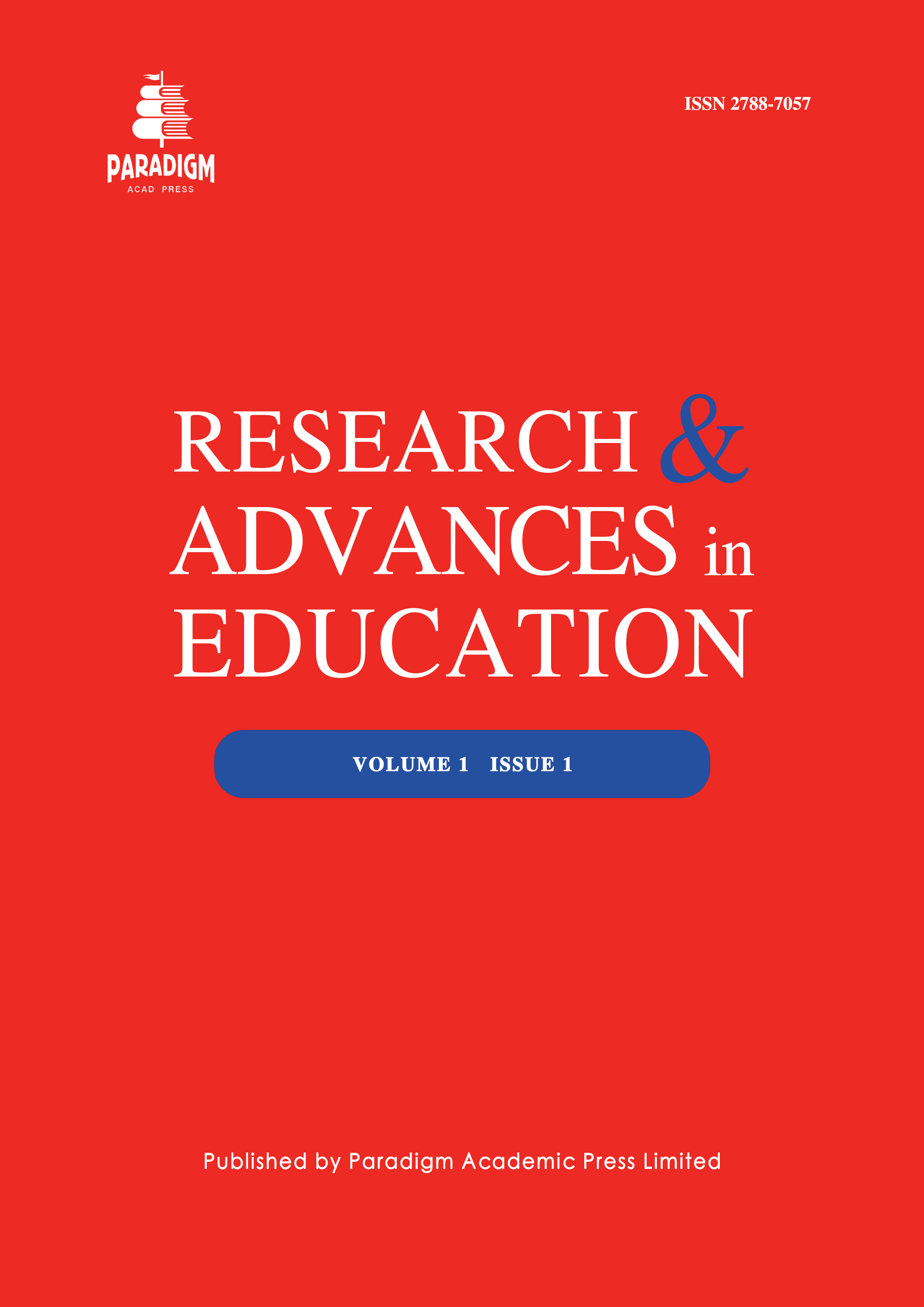Educational Policy in Nigeria: Analyzing the Impact of the 9-Year Basic Education Policy on School Enrollment and Retention Rates
Keywords:
9-Year Basic Education Policy, school enrollment, retention rates, conditional cash transfers, scholarships, school feeding programsAbstract
This paper explores the 9-Year Basic Education Policy in Nigeria, analyzing its impact on school enrollment and retention rates. The policy, introduced to improve access to education, faces several challenges, including financial constraints, teacher shortages, and cultural barriers, particularly for girls in rural areas. The paper examines the key interventions made by the government, such as conditional cash transfers, scholarships, and school feeding programs, which aim to improve retention. It also discusses the role of community engagement and local education authorities in sustaining educational reforms. By comparing Nigeria’s efforts with similar reforms in other African countries, the paper assesses the long-term effects on educational outcomes, especially the reduction in dropout rates. Lastly, the paper offers recommendations for future educational reforms in Nigeria, focusing on infrastructure improvements, teacher development, and gender equality to ensure the sustainability and success of the policy.


